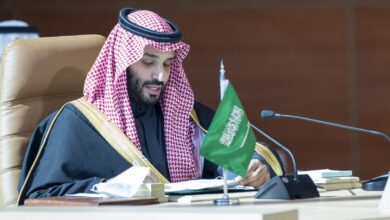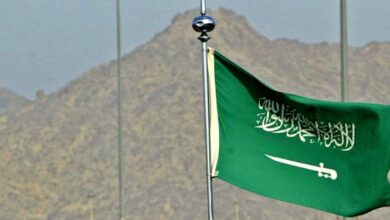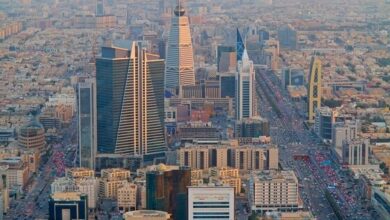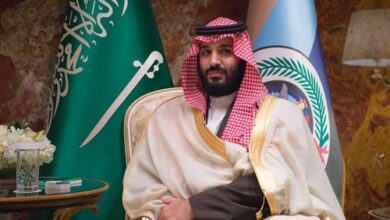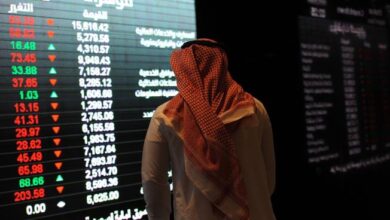New shocking indicator of Saudi’s economy deterioration
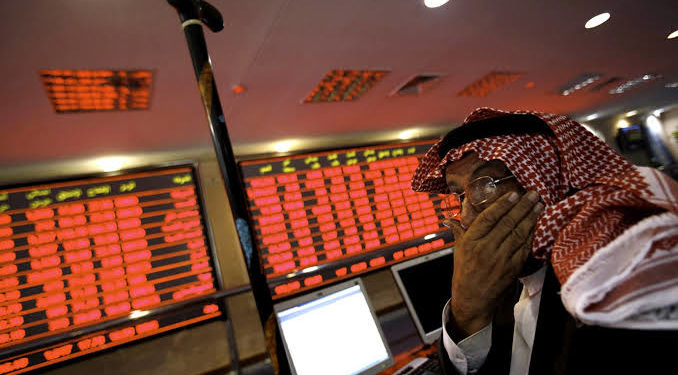
A new indicator showed the severity of the deterioration of the Kingdom’s economy in light of the exacerbation of the budget deficit and the taking of austerity measures on the impact of the oil price war and the outbreak of the Corona virus pandemic.
The average annual consumer price (inflation) in the Kingdom increased last February, by 1.2 percent (the highest rate since 2018). It is a rise recorded for the third month in a row.
The data of the Saudi Statistics Authority showed that inflation increased by 0.3 percent on a monthly basis.
The general cost of living index reached 98.7 points in February, compared to 97.5 points in the same month of 2019, and 98.4 points in January.
Inflation in the Kingdom recorded a contraction from the beginning of 2019 until the end of November of the same year on an annual basis, while the rise started since then.
In July 2017, the Kingdom started imposing a selective tax on tobacco, soft drinks, and energy drinks at rates between 50 and 100 percent.
While it started in early 2018, the implementation of value-added tax increased by 5 percent, and also raised energy and electricity prices.
Meanwhile, an American website warned that the oil price gambling launched by Crown Prince Mohammed bin Salman could turn quickly against the Kingdom.
In an article published by the American Oil Price website, writer Zvetana Baraskova said that after more than two weeks have passed, there are about four million barrels per day on the market of the total promised oil supplies during the next month, and at the present time, Riyadh and Moscow are trying to calculate the cost of a collapse Prices and adjust their government expenses.
For its part, Russia expected a sharp decline in oil revenues in the near term, given that Brent crude barely managed to settle close to thirty dollars during this period, in addition to the contribution of the Corona virus pandemic to a significant decline in demand.
In addition, the Kingdom announced this week that it will reduce government spending by $13.2 billion (50 billion Saudi riyals), or up to 5% of its budget spending for 2020 after the government agreed to make a partial reduction in some items with minimal social impact and economical.
According to the Acting Minister of Finance, Acting Minister of Economy and Planning, Mohamed Al-Jadaan, these measures were approved in light of the noticeable development in public financial management, and the existence of appropriate flexibility to take action in the face of emergency shocks.
The writer stated that the Kingdom has taken several measures to reduce the impact of low oil prices, and will take additional measures to deal with the expected drop in prices.
It appears that the Kingdom is betting on making use of the funds received from its sovereign wealth fund to bridge the rift in the government financial situation resulting from low oil prices.
According to Fitch Ratings, the Kingdom needs oil prices to rise to $91 a barrel in 2020, in order to balance its budget.
“For the Gulf Cooperation Council countries, we estimate that a drop in the price of a barrel of oil to ten dollars will affect government revenues by between 2% and 4% of GDP,” Fitch added.
According to the writer, upon reaching the threshold of thirty dollars per barrel (on average), the resources of the Saudi wealth fund will be depleted quickly, and the decrease in government spending will stop the workflow of many projects, as well as the suffering of the non-oil private sector. It will only be for a short time.
It is noteworthy that oil prices fell in trading on Wednesday, as faltering demand for fuel overshadowed by the spread of the Coronavirus overshadowed a massive US economic stimulus package that is expected to be approved.
Brent crude fell about 1.7% to $26.70 a barrel in morning trading, while US crude fell 0.42% to $23.9.
Oil prices have fallen about 45% since the beginning of this month.

